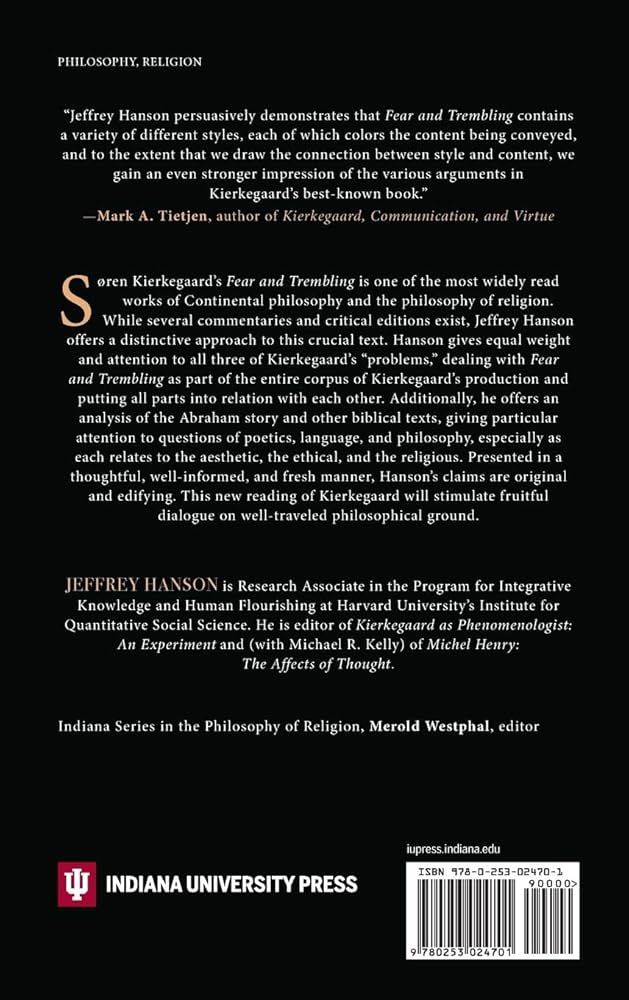
### Balancing Bioethics, Family Rights, and Medical Research: A Perspective on the Coroner-Medical School Body Transfer Debate
Recently, significant focus has been placed on the ethical and logistical challenges associated with the transfer of unclaimed remains from coroners to medical institutions. NBC News’ coverage of the issue presented a simplified narrative surrounding a complex matter, emphasizing claims of insufficient attempts to reconnect unclaimed corpses with their families. The reporting featured perspectives from a bereaved family member and a bioethicist who characterized the transfer methods as unsettling. Nevertheless, the dialogue incited by the report lacked a comprehensive discussion of the ethical considerations involved and the crucial role that unclaimed bodies serve in furthering medical knowledge and education.
This matter prompts inquiries that intertwine humanitarian and utilitarian perspectives, necessitating a careful evaluation of how to balance public health, scientific advancements, cultural sensitivities, and the rights of individuals alongside their families.
—
### The Challenges of Family Identification
Identifying families in instances involving deceased and unclaimed persons is often a multifaceted process beset by various constraints. A lack of a *missing person’s report*, poorly maintained or incomplete databases, name alterations, and even individual decisions to sever family ties complicate the search for next of kin. A notable instance highlighting these hurdles occurred when a coroner invested several weeks attempting to locate a family, including the public dissemination of the deceased’s belongings and image through prominent local media. However, after these extensive efforts yielded no results, a family surfaced weeks later, post-burial, to initiate a civil lawsuit. In addition to not filing a critical missing person’s report, the family appeared to have inflated expectations based on dramatized representations of forensic efficiency in popular crime dramas.
Even in notable cases like the identification of victims from 9/11, the process has spanned decades, demanding considerable resources, specialized teams, and extraordinary financial backing. As discussed in *Dead Center* by S. Ribowsky and T. Shachtman, the magnitude and sensitivity of body identification initiatives require not just accuracy but also an acknowledgment of the limitations present within the system, particularly for county coroners operating under restricted budgets and limited personnel.
Anticipating that coroners can overcome these logistical and financial challenges strays into unrealistic expectations; however, public scrutiny frequently neglects these real-world considerations. To deepen the understanding of a coroner’s decision-making, it is critical to evaluate the ethical frameworks that intertwine the process of family notification with the transfer of remains for scientific progress.
—
### Ethical Considerations: Humanitarianism and Utilitarianism
Ethics does not yield a singular answer but offers a vantage point to examine conflicting priorities. In this discussion, humanitarianism and utilitarianism present two divergent yet complementary viewpoints.
The **humanitarian approach** underscores the inherent, equal value of each human life. When applied to unclaimed remains, this viewpoint accentuates the vital importance of thorough efforts to identify and inform families prior to proceeding with any further actions. While this perspective is noble, it can be costly and, at times, impractical. Nonetheless, aiming to pursue humanitarian principles wherever feasible is a commendable pursuit.
Conversely, **utilitarianism** emphasizes the collective benefits—how decisions can optimize results for the broader community’s welfare. From this standpoint, prioritizing the use of unclaimed bodies for medical education or research becomes logical when family identification fails. This strategy enables institutions to gain insights into community-specific health issues, forming treatments that ultimately uplift the quality of life for the living. This is particularly relevant regarding the deficiency of donated bodies from underserved racial groups, notably Black communities, where existing imbalances in physiological studies have underscored the critical need for diversity in cadaver-based research.
—
### The Role of Unclaimed Bodies in Medical Science
Some communities, particularly among Black Americans, exhibit hesitance in donating their bodies to medical research due to historical breaches of trust, such as the unethical Tuskegee Syphilis Study. As a result, the lack of representation among cadaver donations has impeded advancements in understanding ethnic differences in physiology, disease susceptibility, and medication effectiveness. Researchers, along with Black healthcare professionals, have emphasized the necessity of tackling these disparities to ensure equitable healthcare.
When families cannot be traced despite a coroner’s diligent efforts, transferring remains for medical research emerges as a pragmatic solution to a systemic dilemma. Contrary to the worries raised by critics, the body transfer policy operates without secrecy. It resembles the “opt-out” organ donation system prevalent in most European Union (EU) nations, wherein silence is regarded as implied consent. These frameworks have proven successful in alleviating organ shortages, thereby saving numerous lives.
While unclaimed deceased individuals cannot provide explicit consent for these matters, the communal advantages stemming from furthering medical research arguably validate this practice within a utilitarian framework. Finding a balance between upholding personal dignity after death and meeting pressing healthcare needs is where ethical considerations must advance.
—
### Practical Limitations Faced by Coroner Offices
Coroner offices function under constrained budgets,